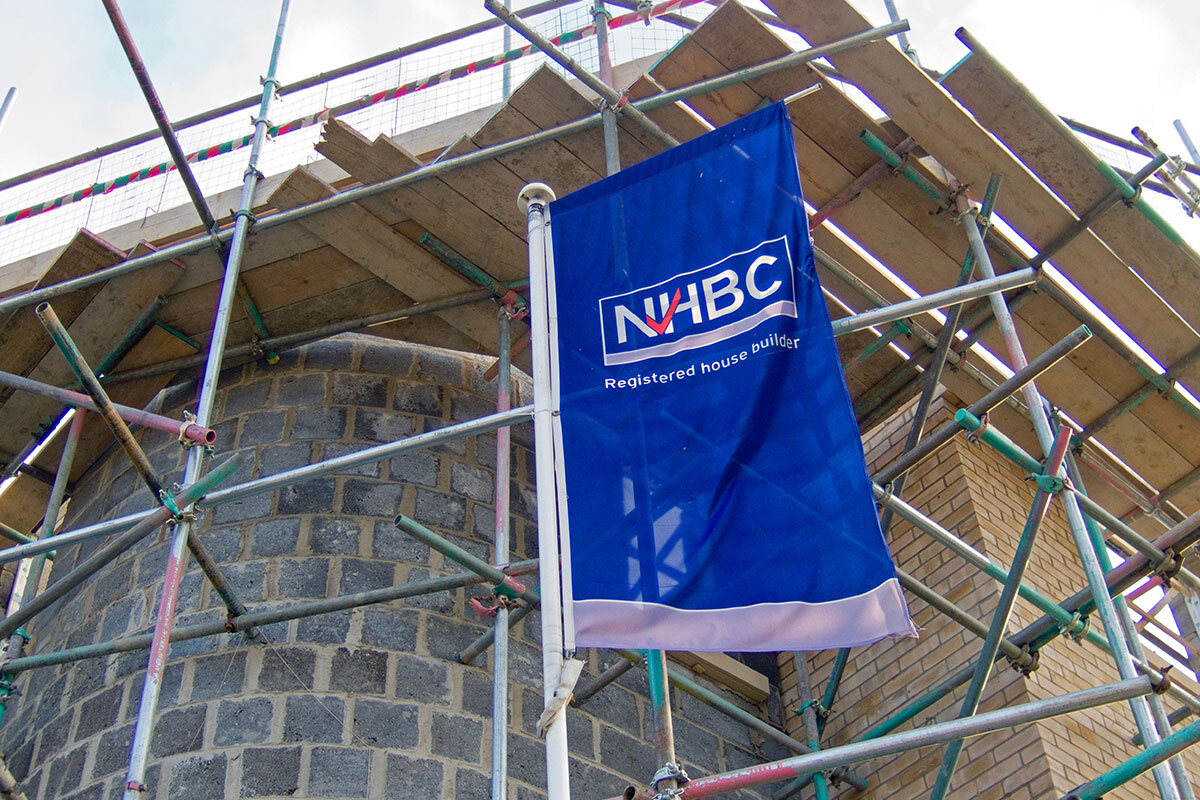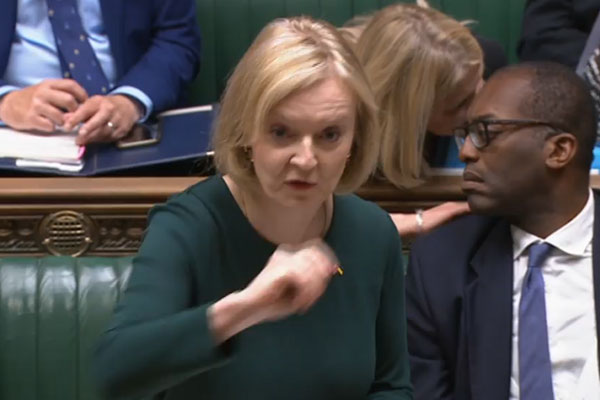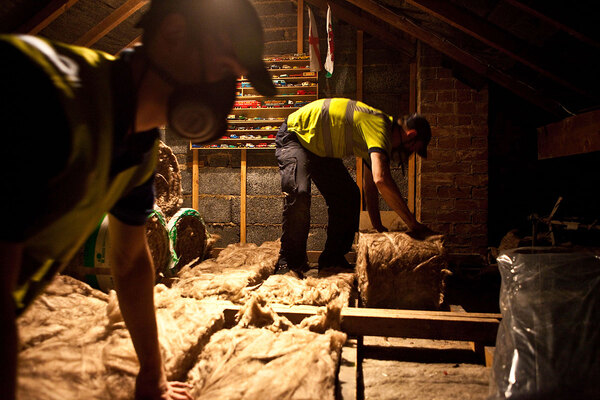Housing associations could hold back deposits after NHBC policy change
Landlords could hold back deposits and leave developers facing cashflow problems after a policy change on insolvency cover by the National House Building Council (NHBC).
Housing associations and lawyers have voiced their concerns over a decision by the NHBC, one of the key bodies responsible for providing construction insurance for social landlords, to change one its most popular products so that it will no longer automatically provide cover if a developer or contractor goes out of business during a project.
Lawyers and landlords have said this could lead to cashflow issues and associations to revisit deposit approaches, with some urging NHBC to reconsider.
The NHBC, the body responsible for providing the construction sector with insurance policies, has now made changes to one of its most popular warranty and insurance products: Buildmark Choice.
Buildmark provides cover for properties that have been newly built or converted to rent or shared ownership tenures, meaning it is one of the key policies for the social housing sector.
Previously, the NHBC agreed to cover payments already made to developers, including deposits, which could not be recovered from them in the case of an insolvency.
It was on this basis that deposits were released to developers, following registration of the scheme with the NHBC. But sector experts have said that this may change now that this protection is no longer automatically offered.
The warranty provider has said it will still offer cover for deposit monies paid on a case-by-case basis, but this must be requested.
It also said it was common for providers to review their policies and that this was done after a detail review of what the key risks were for policyholders.
The NHBC updated its policy on 1 April 2022, but Inside Housing has been told that the change has not been widely communicated to the sector.
The policy change comes at a difficult time for the sector as Inside Housing revealed in July that the number of house builder insolvencies rose 75% in the past financial year, compared with 2020-21.
Triya Maicha, a partner at Devonshires, said the NHBC had unilaterally changed its policy “without any announcement”.
She added: “This has already had a significant impact on registered providers [RPs] embarking on new developments.
“It has resulted in RPs having to revisit the basis upon which deposits are held in order to safeguard their position, which in turn impacts on developer cashflow.”
Ms Maicha called on the NHBC to reconsider its position to mitigate the risk of further increased costs in the current economic climate.
Charlie Proddow, a partner in the social housing team at Winckworth Sherwood, said the policy change will have undoubtedly have caught many associations unaware.
He added: “Traditionally, RPs have been willing to assist developers with their cashflow by releasing payments towards the purchase of new homes prior to completion, subject to satisfactory security being in place.
“However, with the policy’s insolvency cover no longer protecting deposits, we can expect RPs to insist on deposits being held by solicitors through to completion, which may in turn lead to developers seeking higher offers to compensate for a less advantageous payment profile.”
Craig Dransfield, head of development at Soha Housing, said: “Historically we’ve been happy to release our deposit to the house builders once the NHBC insolvency cover is in place.
“If the upshot of the change is the insolvency cover no longer protects our deposit, we’ll have to reconsider our position. This will have obvious cashflow implications for the house builder.”
In response, the NHBC said it was common for insurance providers to review their policies periodically and the wording between policy generations can vary.
An NHBC spokesperson added: “This policy update relates specifically to Buildmark Choice, our warranty and insurance product for properties built or converted for rent and shared ownership.
“The update was made after a detailed review determined that the key risk for our policyholders was the extra costs associated with engaging a new builder as a result of the insolvency of the original builder.
“Consequently, our wording has been updated to more specifically match the requirements of our policyholders.
“That said, we are still offering cover for deposit monies paid on a case-by-case basis where requested by the housing association or builder.”
Sign up for our development and finance newsletter
Already have an account? Click here to manage your newsletters












